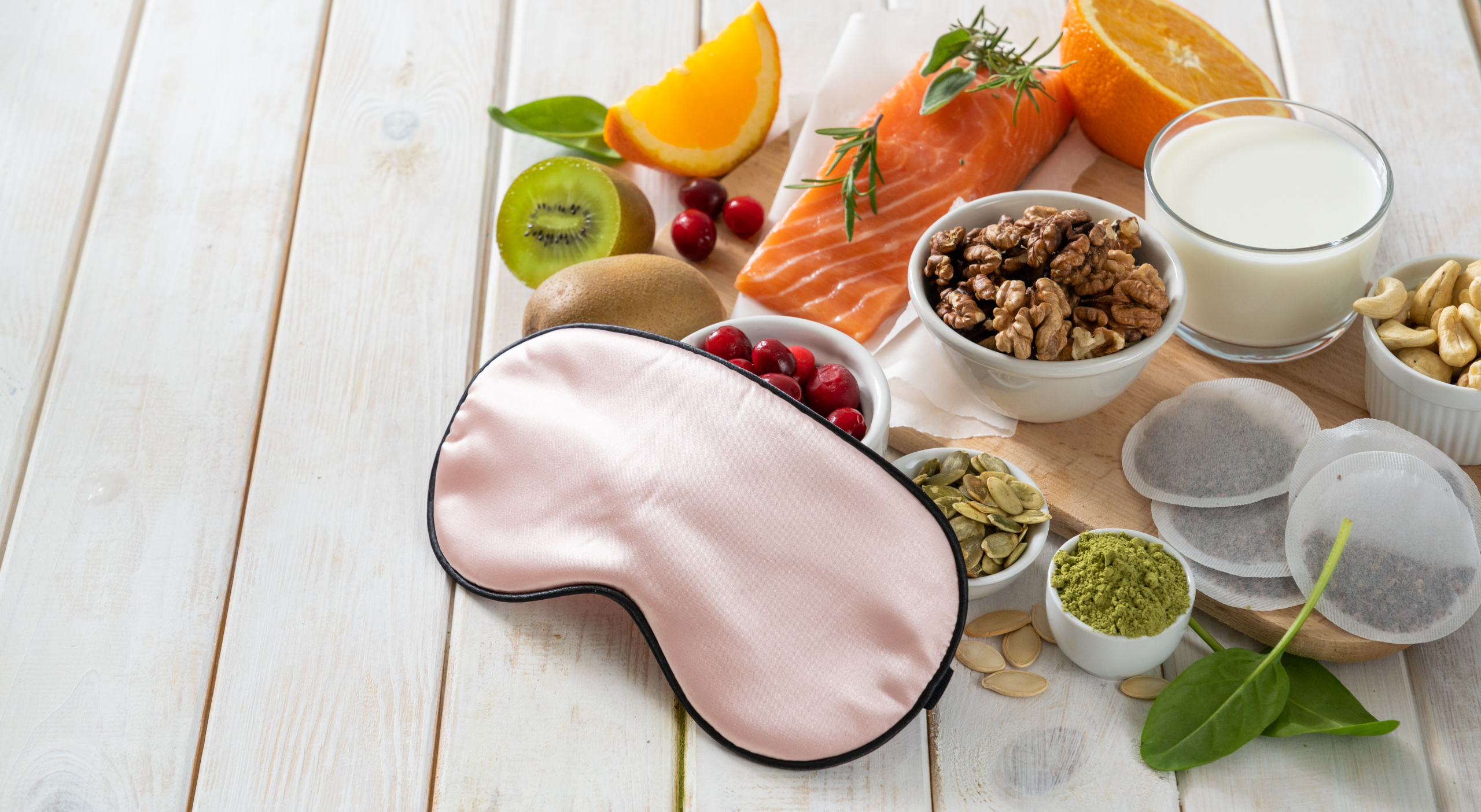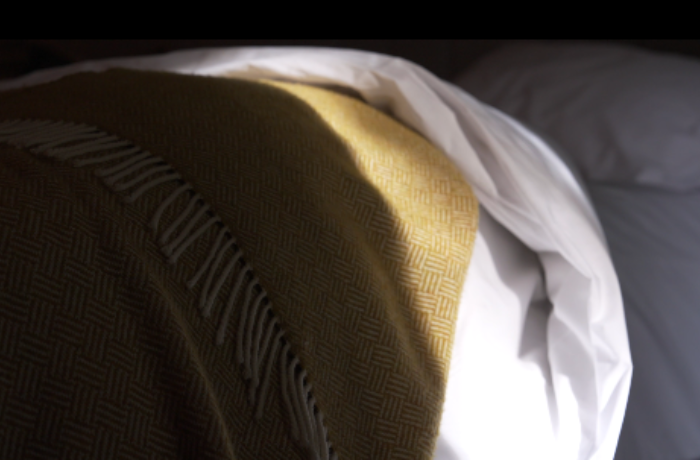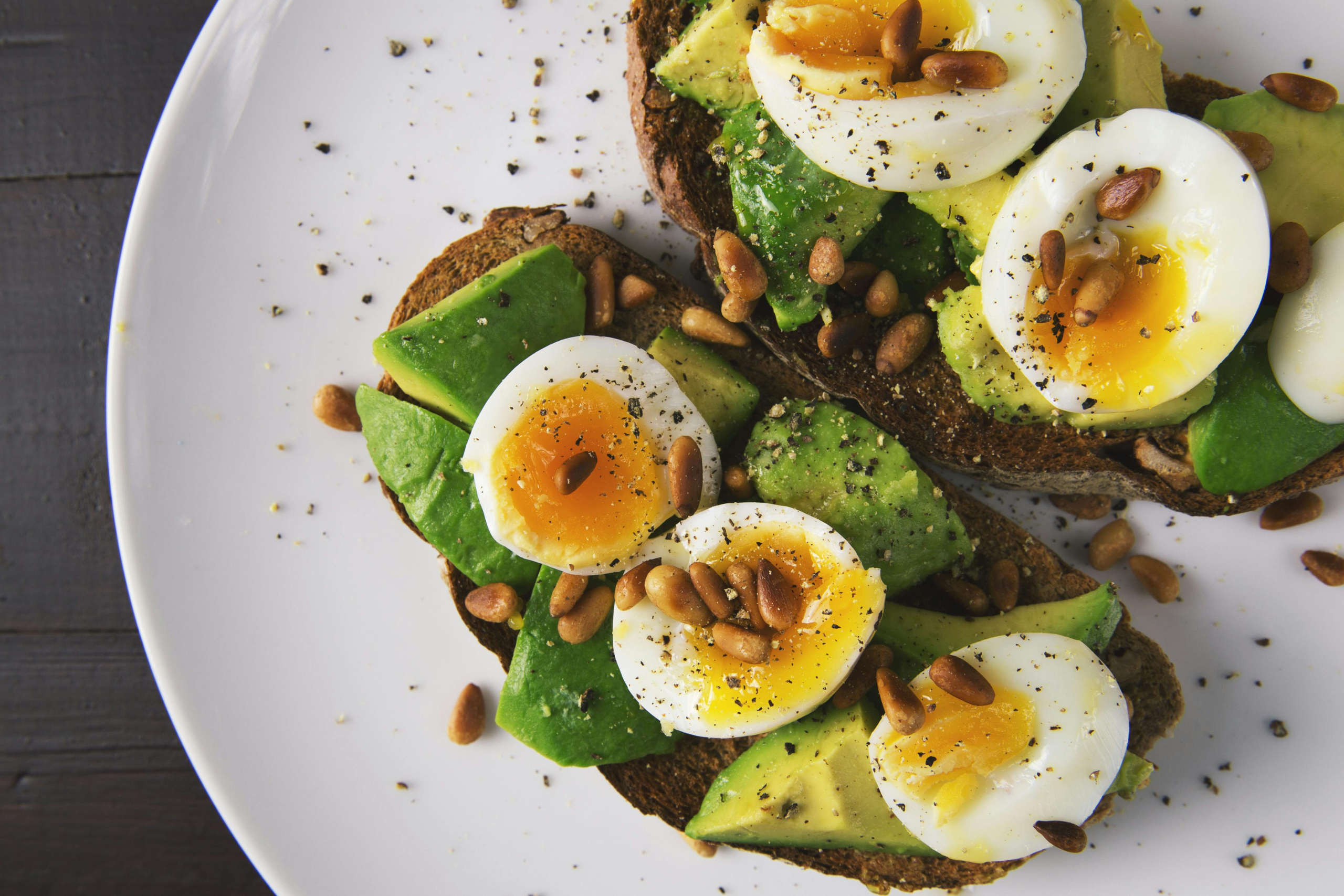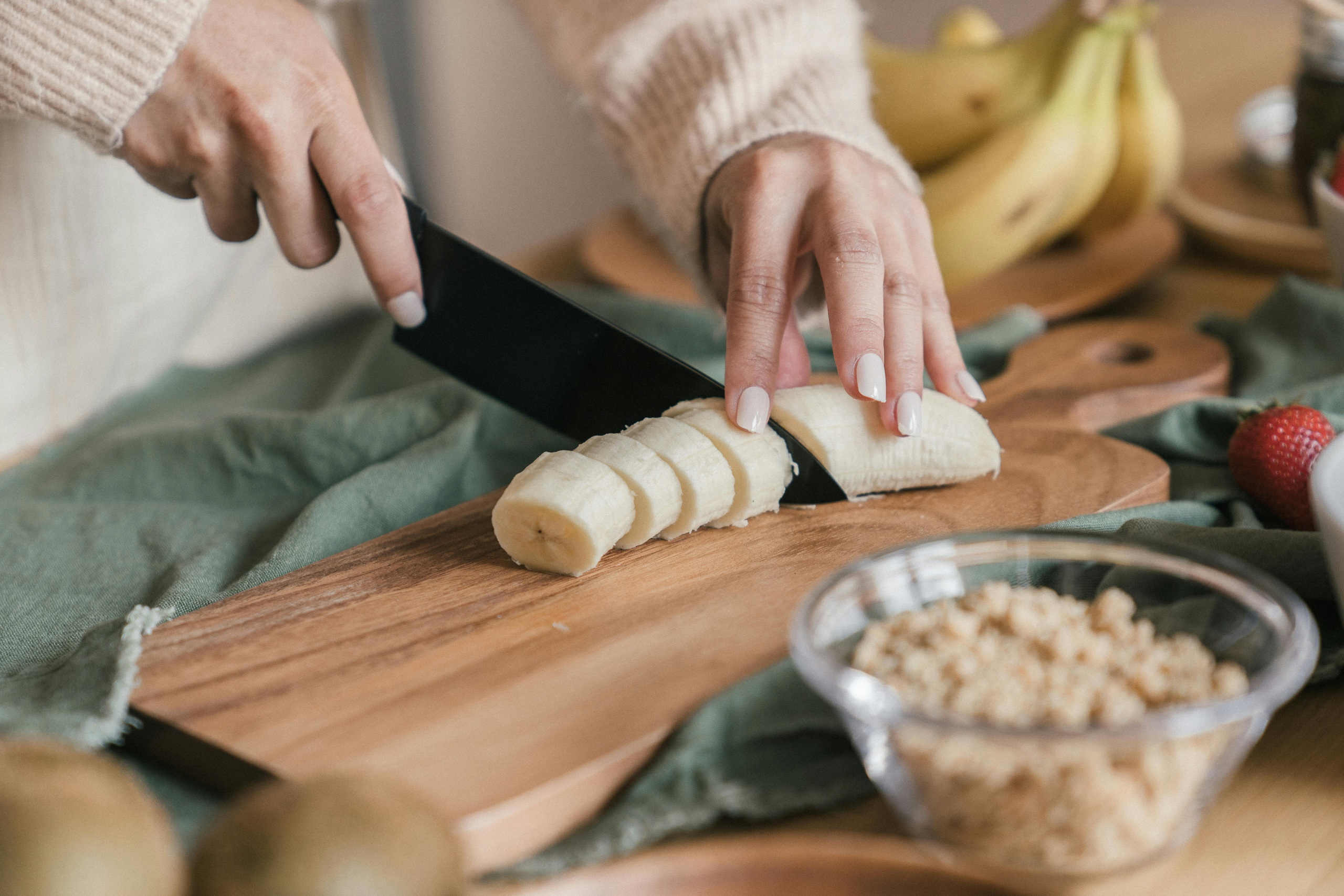
By Dean Hodgkin – Health & Fitness Consultant
An often-overlooked element of wellness, sleep is just as important for the body, mind and skin as regular exercise, a balanced diet, and a targeted skincare routine.

Melatonin is a hormone produced in the brain and plays a crucial role in regulating the sleep-wake cycle, with levels in the body linked to our internal clock, or circadian rhythm and so typically rise in the evening in response to diminishing light, signalling the approach of bedtime. Vitamin D is essential for melatonin production so try to schedule some outdoors time each day, even if only brief. To boost your levels further, try to include in your diet dairy, oats, goji berries and cherries. Interestingly, red wines made from the Italian Nebbiolo grape also contain high levels of melatonin.
Also worthy of consideration is tryptophan, an amino acid that is essential in the making of the above-mentioned melatonin. Walnuts, flax seeds and pumpkin seeds are great ways to snack your way to an increase in tryptophan but for mealtimes opt for shrimp, crab, eggs and poultry.

Whilst not directly linked to sleep, there are number of chemicals linked to alertness that can be manipulated through diet to help to induce a state of calm, the ideal pre-sleep state.
Below listed are foods containing chemicals that can help achieving that state of calm.
- Honey provides a little bit of glucose which lowers levels of orexin, a neuropeptide that regulates arousal and wakefulness.
- Healthy fats are also useful in suppressing the effects of orexin so opt for small portions of nuts and avocados.
- Gamma-aminobutyric acid, or GABA, is a neurotransmitter in your brain responsible for sending calming messages to your central nervous system, thereby lowering stress, reducing anxiety and helping to combat insomnia. Soybeans, sweet potato, chestnuts and broccoli are good sources.
- Skipping caffeine after lunchtime is a wise tactic, particularly as we age due to it taking longer for our bodies to process it. As an alternative to coffee, try camomile tea as it contains the phytonutrient apigenin, known to have sedative effect.
- Finally, vitamins B6 and B12 have been identified as helping to overcome insomnia or short sleep cycles and can be found in sunflower seeds, spinach, feta cheese and salmon

If you could only choose one thing to help you sleep, however, it should probably be a banana. It’s another source of tryptophan but also brings magnesium, that can lower cortisol levels and reduce stress, plus potassium which can help to relax muscles and avoid cramps.
One response to “How your diet can aid sleep”
Leave a Reply
More Ragdale News
Ragdale Hall Community Chest Awards Night 2025
Jun 30, 2025
As an independent family run business we are proud to be part of the local community with…
Ancient + Brave
Jun 30, 2025
We reached out to Jenni Kiddle, Nutrition Executive at Ancient + Brave, who shared her…
Ragdale Hall Spa awarded ‘Best Spa for Wellness’.
Jun 25, 2025
We are delighted to announce that we have been awarded ‘Best Spa for Wellness’ in the…







Very interesting reading will definitely be making sure I include more in my diet. Thank you Ragdale.❤️